Listen to the latest episode of Ghost Wrap here, brought to you by Mazars:
Bell Equipment rings even louder (JSE: BEL)
An updated trading statement confirms an even bigger jump in earnings
Trading statements are funny things. They can be very conservative at times, especially when the language is an increase of “at least” and then a round number, like 20% of 30%. A much tighter trading statement would give a range, removing the chance of a major upside surprise after that.
In the initial trading statement for the six months to June, Bell indicated an increase in HEPS of at least 30%. The updated trading statement is far more exciting than that, with HEPS up by between 61% and 67%.
This implies a range of between 338 cents and 348 cents a share. As I keep saying, this year has been all about industrial companies rather than the retailers, an important lesson about inflationary conditions and the kinds of companies that do well during such a period.
A mandatory offer for Brikor is imminent (JSE: BIK)
Nikkel Trading is on the verge of breaching the 35% ownership threshold
Nikkel Trading currently has a 34.23% stake in Brikor. Nikkel has advised Brikor that it is in the process of acquiring more shares in the company, which will take it above the 35% ownership threshold. This triggers a mandatory offer to remaining shareholders.
The price for the acquisition is expected to be 17 cents a share, so this suggests that the mandatory offer would also be at this level. The share price jumped to 16 cents a share in response.
In a separate announcement, the company noted that the circular regarding the contract mining and coal purchase agreement should be sent out by 30 September.
British American Tobacco exits Russia and Belarus (JSE: BTI)
The price hasn’t been disclosed
Back in March 2022 when all hell literally broke loose in Ukraine, British American Tobacco announced that its ownership of assets in Russia and Belarus wasn’t sustainable. That’s right kids, a tobacco company with a conscience. Perhaps more importantly, international laws were to blame for this decision.
The buyer of the Russian and Belarusian businesses is a consortium led by the management team in Russia. The businesses will thereafter be known as the ITMS Group. Employees in the business will apparently enjoy their current employment terms for at least two years after completion of the deal.
British American Tobacco hasn’t disclosed the selling price for the businesses. This isn’t exactly an immaterial region, accounting for 2.7% of group revenue and 2.5% of group operating profit in the last financial year. The only other financial information we have is that the company remains confident of delivering the full year guidance that was given during the interim reporting cycle back in July.
Delta Property continues to fight for survival (JSE: DLT)
When debt was on a month-to-month basis, you know it was bad
Right at the top of the list of highlights for Delta Property Fund for the six months ended August, we find the news that month-to-month debt facilities with Nedbank and Investec were refinanced for 12 months and 24 months respectively. That surely takes a bit of the edge off at Delta, with the company working hard to steady the ship. The facilities come to R3.1 billion in total.
Other good news includes the conclusion of a revolving credit facility of R37.5 million with Nedbank and a 50 basis points reduction in the cost of debt with that bank.
The improved debt outlook wasn’t just driven by good rental collections. Delta has signed agreements to sell 5 assets in the next six months for a total of R123.8 million, with agreements in place to sell another R1.5 billion worth of properties within the next year.
There are two major problems that Delta is trying to navigate. The first goes to the very core of the business, which is that the portfolio is primarily B-grade office space with government as the tenant. Negotiating with our government really isn’t fun and they historically aren’t great payers, although that seems to have improved greatly in this interim period. The other problem is the environment of high interest rates, which puts the balance sheet on a knife-edge even after these improvements.
There are various other initiatives underway to try and unlock capital to repay debt. When results for this interim period are released, investors and punters alike will be fully focused on what the debt ratios look like.
Merafe deepens the JV relationship with Glencore (JSE: MRF | JSE: GLN)
Another PGM production plant will be included in the joint venture
Back in 2022, Merafe and Glencore agreed that a new PGM production plant at the Kroondal Mine would be contributed to the joint venture between the parties. This has proven to be a profitable decision and the parties are now looking to replicate that success with another production plant.
This time, it will be located at the Thorncliffe Mine, based on the eastern chrome mine operations. This project comes with a capital expenditure bill attributable to Merafe of R117 million.
This deal is so small in Glencore’s world that the company didn’t bother to announce it.
Sanlam: focus on the cash earnings, not HEPS (JSE: SLM)
IFRS complexities are doing what they do best: making financials harder to understand
IFRS 17 Insurance Contracts has become effective. It seems to be as useful to investors as the new leases standard was when that became effective. The latter caused havoc for retailers in particular, with the former obviously impacting insurers like Sanlam.
With headlines everywhere crowing about HEPS growth of 118% for Sanlam in the six months to June 2023, I’m just not sure that this is the metric to be focusing on. By Sanlam’s own admission in its results, the focus is actually on Return on Group Equity Value (RoGEV) and dividend growth.
This is incredibly complicated stuff and I certainly don’t claim to be an insurance expert (far from it). What I do know is that HEPS growth of 118% suggests an absolute blowout result, yet adjusted RoGEV (Sanlam’s favourite measure from what I can see) is 7.9% vs. the hurdle rate of 7.5%. That’s a good result for sure, but perhaps not extraordinary. Here’s what the calculation looks like:

As another useful metric, cash net results from financial services increased by 30%. Yes, it’s more complicated than that, but there’s a helluva big gap between the cash earnings growth of 30% and HEPS growth of 118%.
Transaction Capital buys itself some time on the WeBuyCars deal (JSE: TCP)
The put-call structure has been extended
Before the Transaction Capital share price blew up in a puff of oil smoke out of the back of a poorly maintained taxi, the deal with WeBuyCars had been executed in textbook fashion. Transaction Capital had built a strong relationship with the founders and they did a staggered transaction that allowed the founders to share knowledge while sticking around for the ride.
The huge problems at SA Taxi take nothing away from the quality of the WeBuyCars deal. There are always those in the market who are skeptical, but as a devout petrolhead I can tell you that WeBuyCars changed the game in this industry and put a real liquidity floor in place for consumers. Suddenly, a car could always be sold. That wasn’t the case previously, allowing dealers to make ridiculous lowball offers to desperate sellers.
The SA Taxi and share price issues have impacted Transaction Capital’s deal strategy, with various put-call options in place and the potential to settle 30% of the purchase price through the issuance of Transaction Capital shares. That was a whole lot more appealing to the company when the share price wasn’t in the toilet.
Under a revised structure, the good news is that Transaction Capital retains the ability to settle the remaining options based on 70% cash, 30% equity, or 100% cash if that is more appropriate at the time. The period of time for the structure has been extended, with various tranches between November 2023 and March 2029. The end result is that Transaction Capital can still end up owning just about 100% of WeBuyCars if all the options are exercised. There is no change to the price/earnings multiple range of 9.5x to 10.5x. used in the calculations for the put and call options.
There is one other significant change, which is that the metrics in the options will be calculated based on two-year averages. This includes volume-weighted average share price and the underlying earnings for the calculation.
Most of all, this outcome shows that Transaction Capital still has a good relationship with the WeBuyCars founders. Doing good deals can help you when you need it most.
Trellidor: just how much higher will earnings be? (JSE: TRL)
Here’s the classic “at least 20%” trading statement in action
Trellidor is finalising its earnings for the year ended June 2023. The comparative period (i.e. the 2022 financial year) was a revolting time for the company, with HEPS of just 0.4 cents. For context, 2021 saw HEPS of 40.8 cents and 2020 was 13.8 cents.
This context is so important, as it means that the latest trading statement with bland guidance that earnings will be “at least 20% higher” is just a tick-box exercise for the JSE Listings Requirements. The earnings should be multiple times higher than in 2022, nevermind just 20%.
The stock isn’t very liquid and is currently at R2.20, which also tells you that 2022 was just a freak year that must never be repeated. The question is just how significant the recovery in 2023 can be.
Little Bites:
- Director dealings:
- Des de Beer is at it again, buying another R1.86 million worth of shares in Lighthouse Properties (JSE: LTE).
- An associate of a director of Nedbank (JSE: NED) has bought shares worth R380k.
- The CEO of Sirius Real Estate (JSE: SRE) bought shares worth around R170k.
- For a laugh, Moody’s has upgraded the credit outlook for Eskom from stable to positive. Now, before you get ready to hit your screen against the wall, this is purely a credit analysis and most importantly, the outlook is based on the current rating, which is so deep in junk that you can barely see it at the bottom of the dustbin. Basically, Eskom is right near the bottom of the dustbin and isn’t expected to fall between the cracks anymore, thanks to taxpayers (you and me) footing the bill via government.
- And in other news from the public sector cess pool, the CFO of Sanral (Inge Mulder) is now on a temporary leave of absence pending internal processes. I suspect that this story is only just warming up.




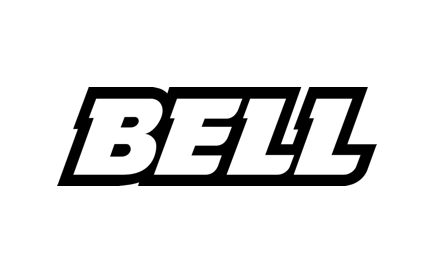
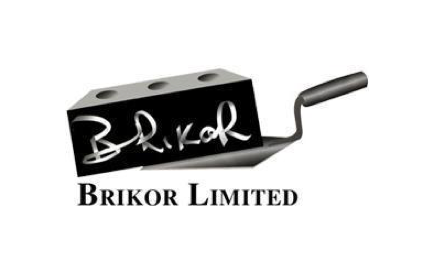
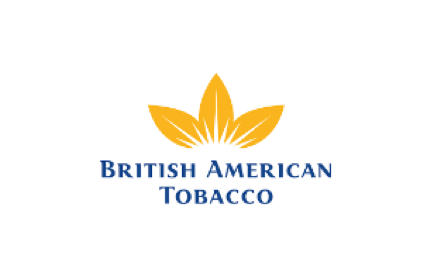
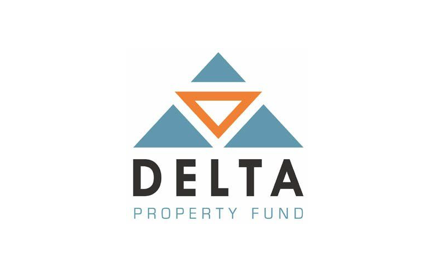
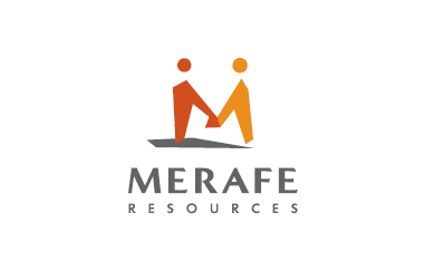
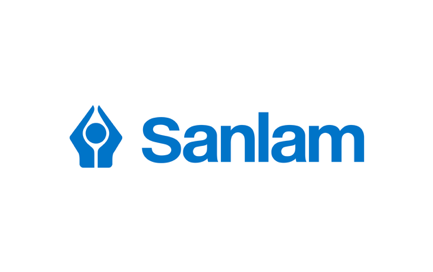
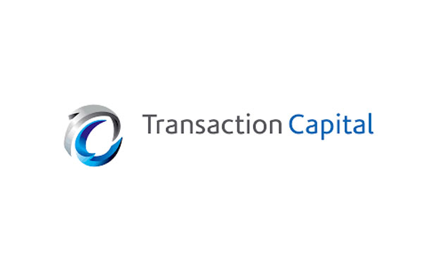
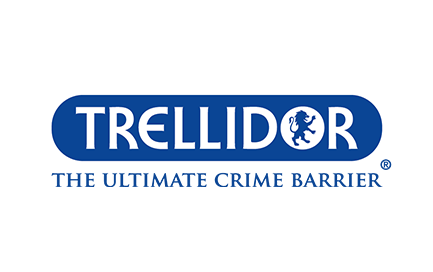
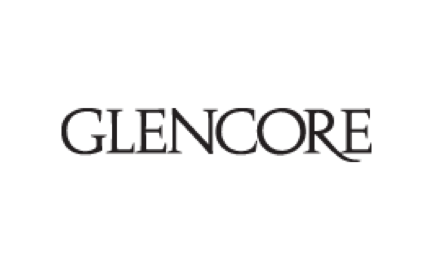

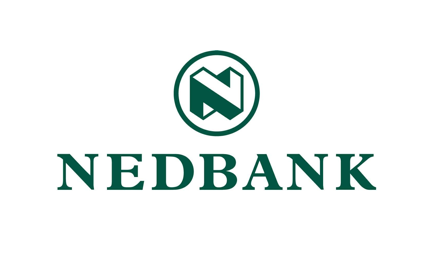
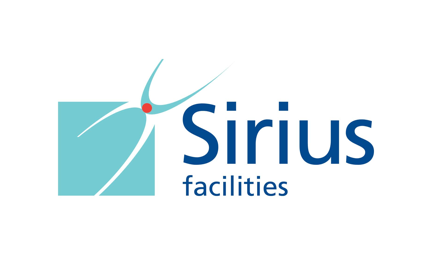


Tell us something about Altron please
We need them to release some new news then! 🙂